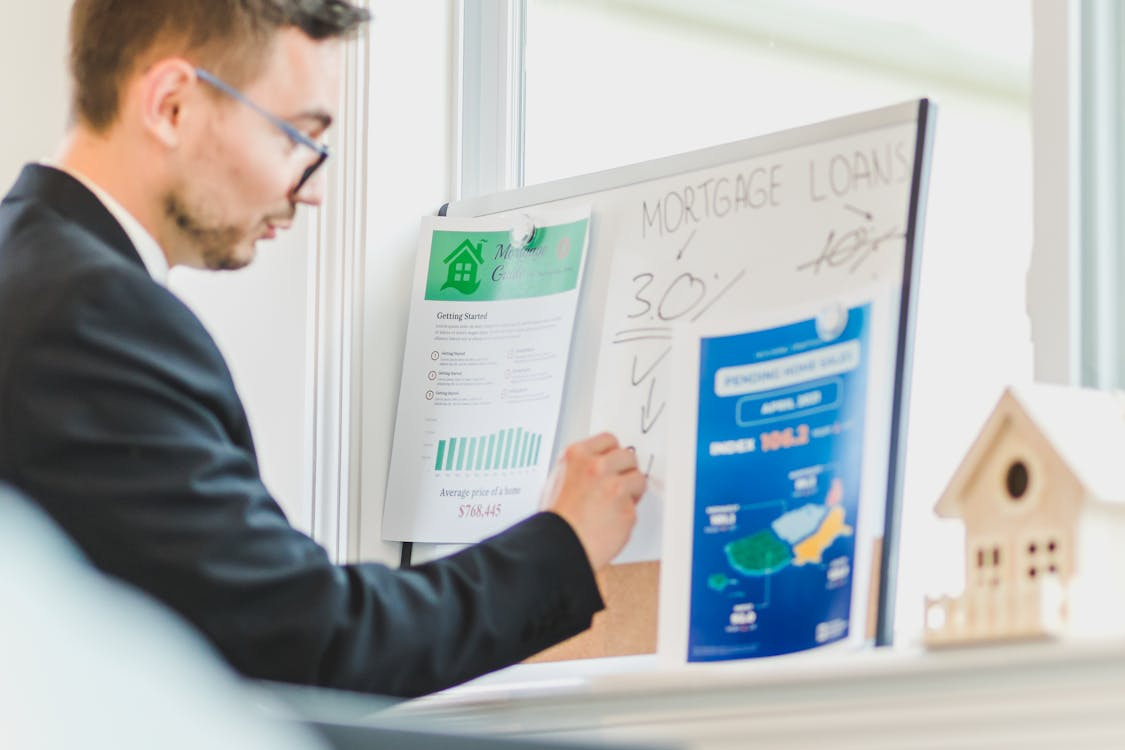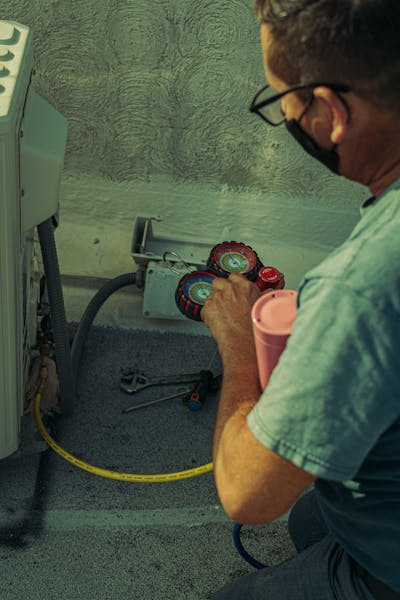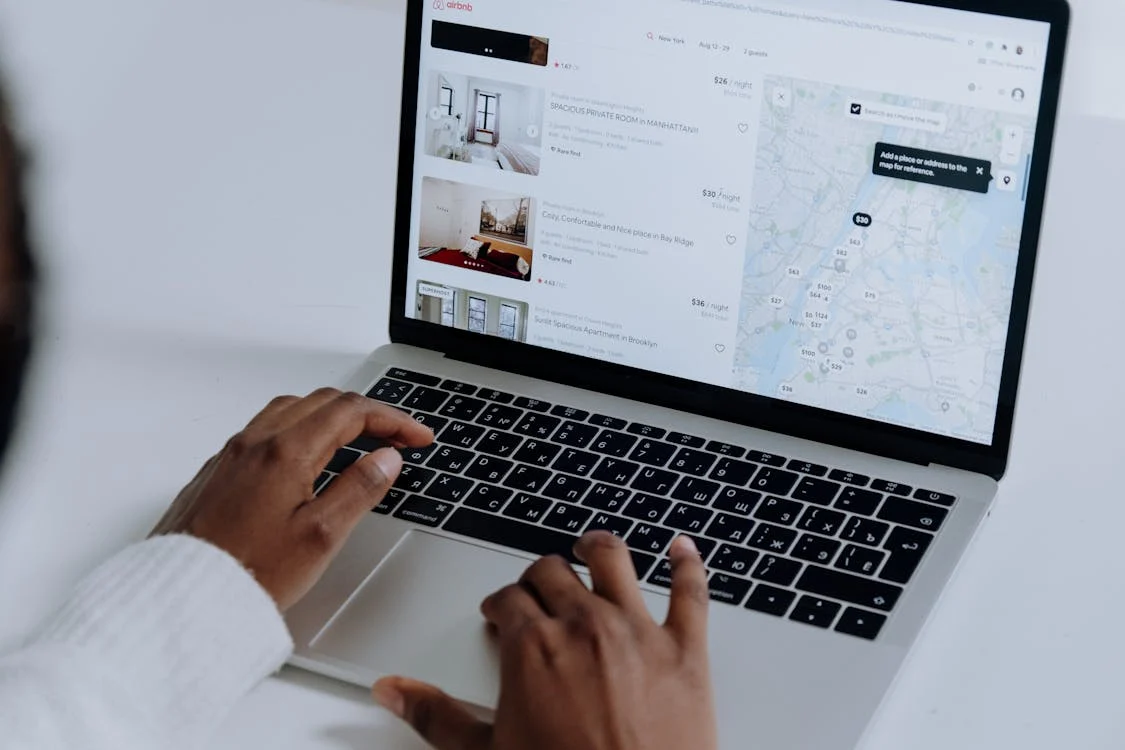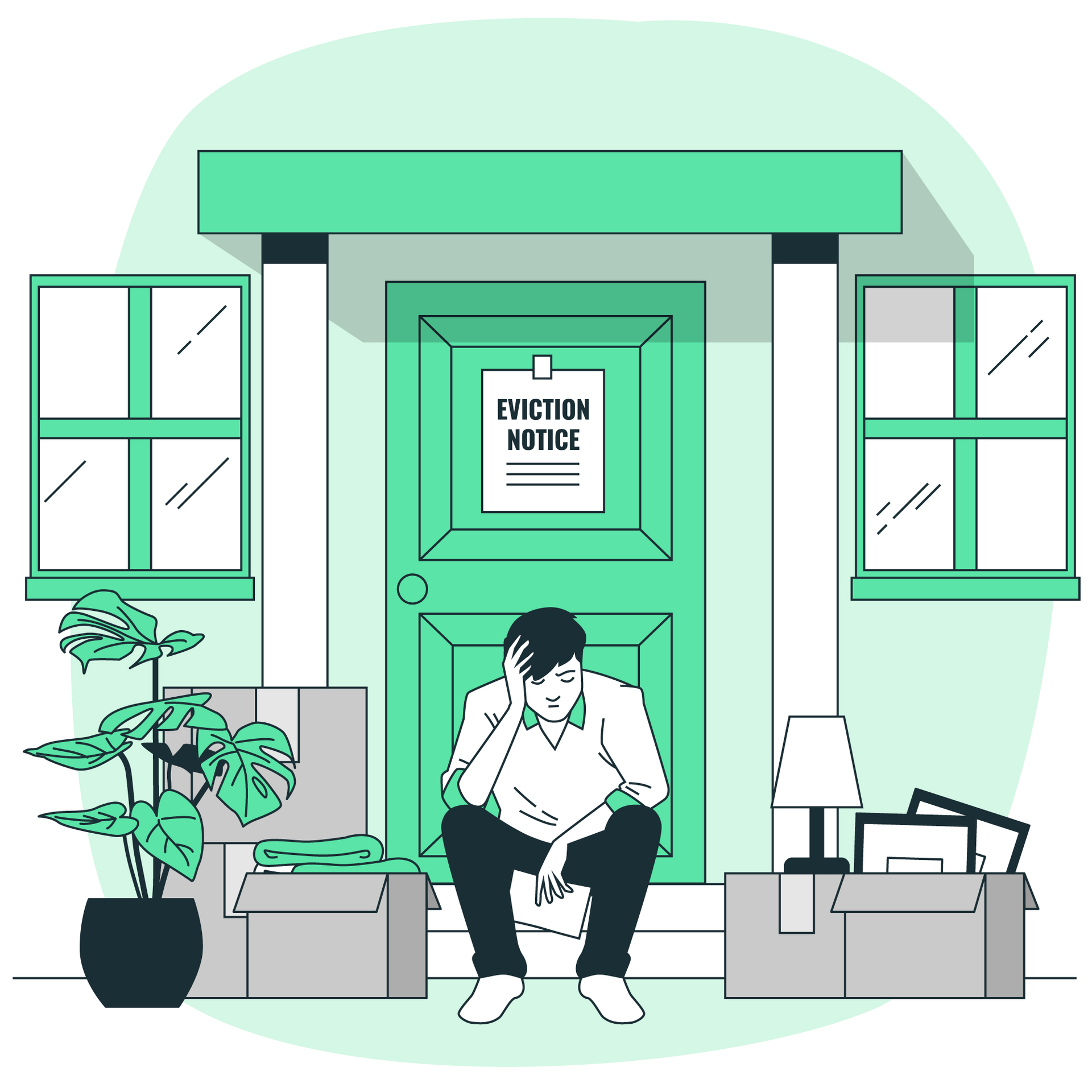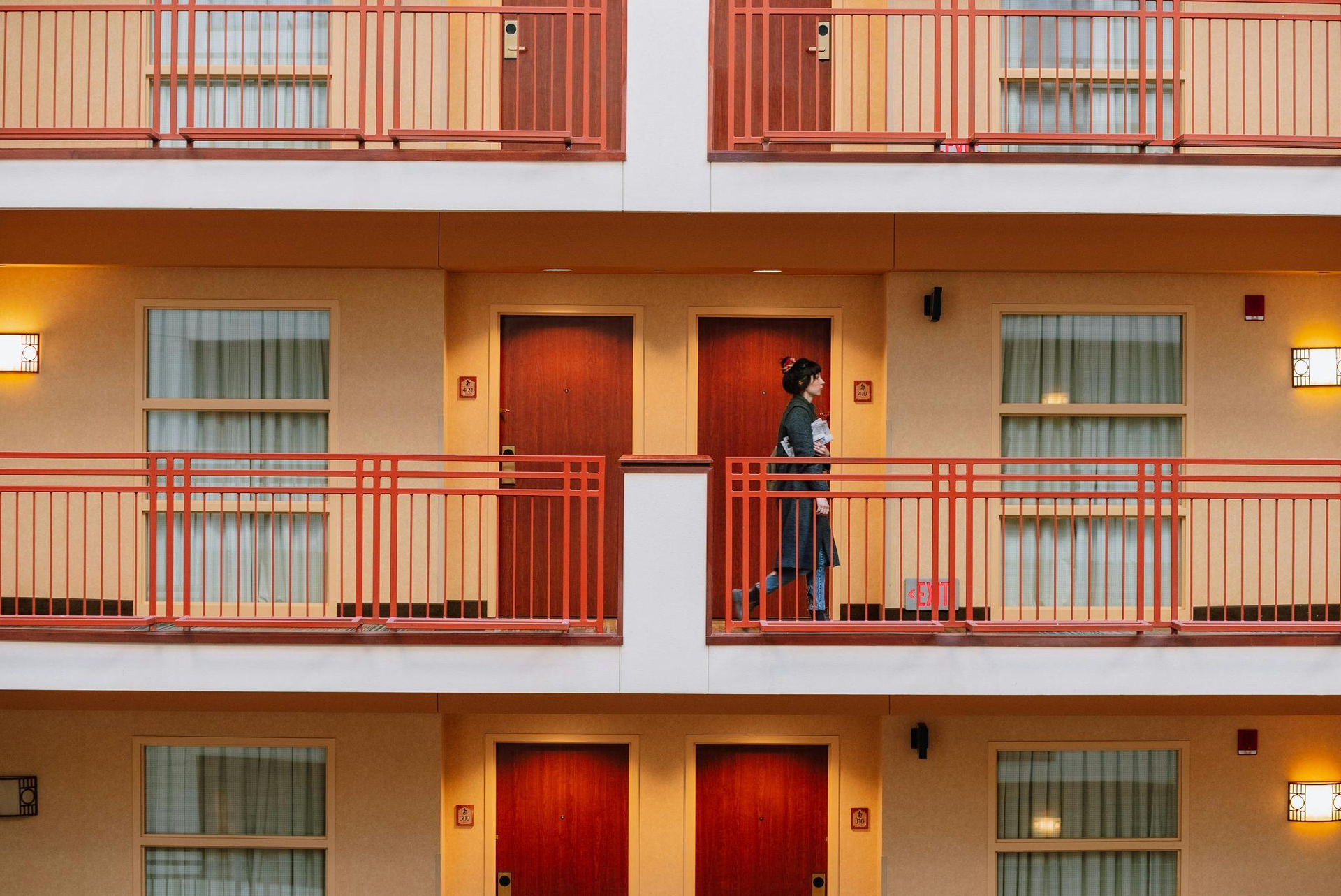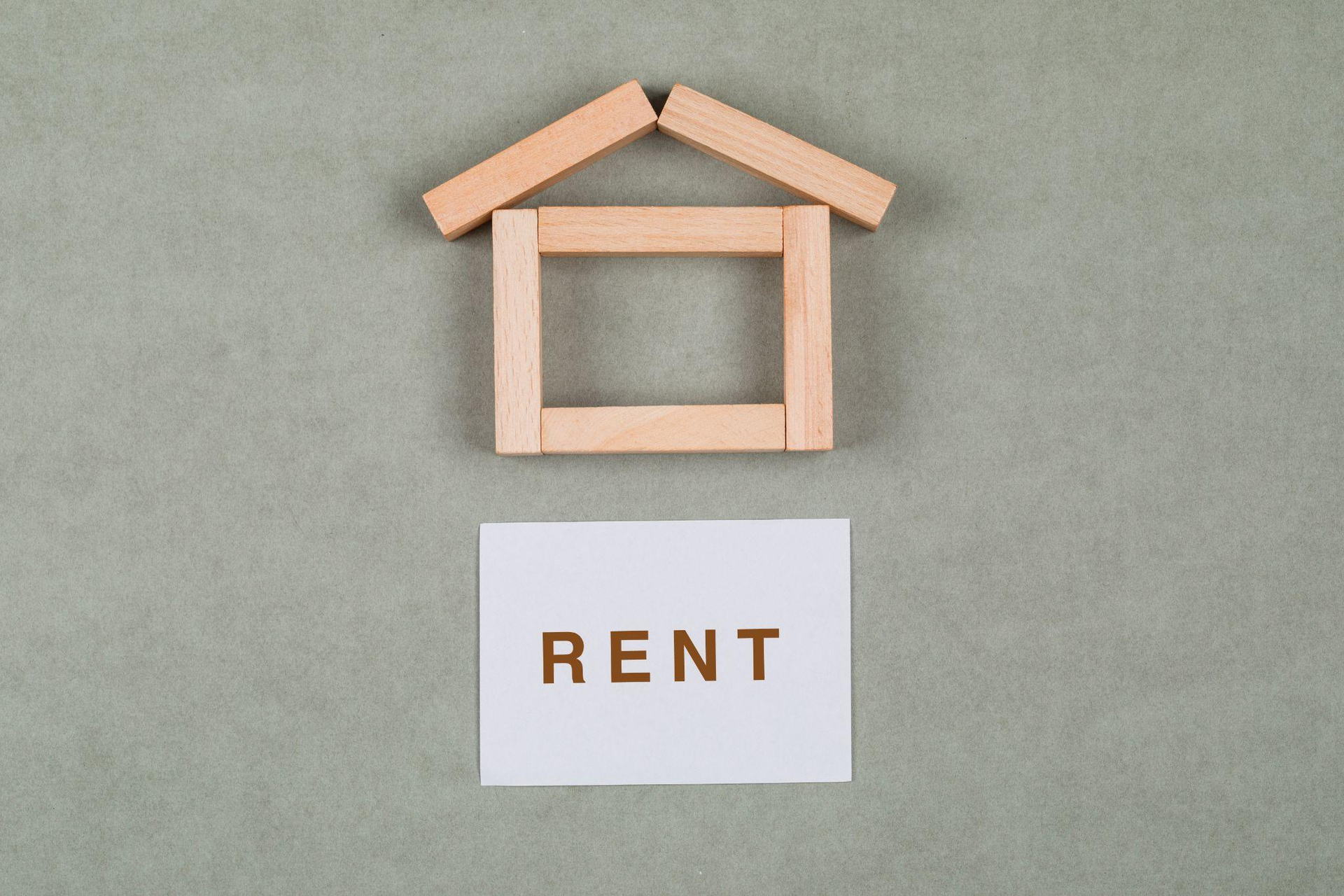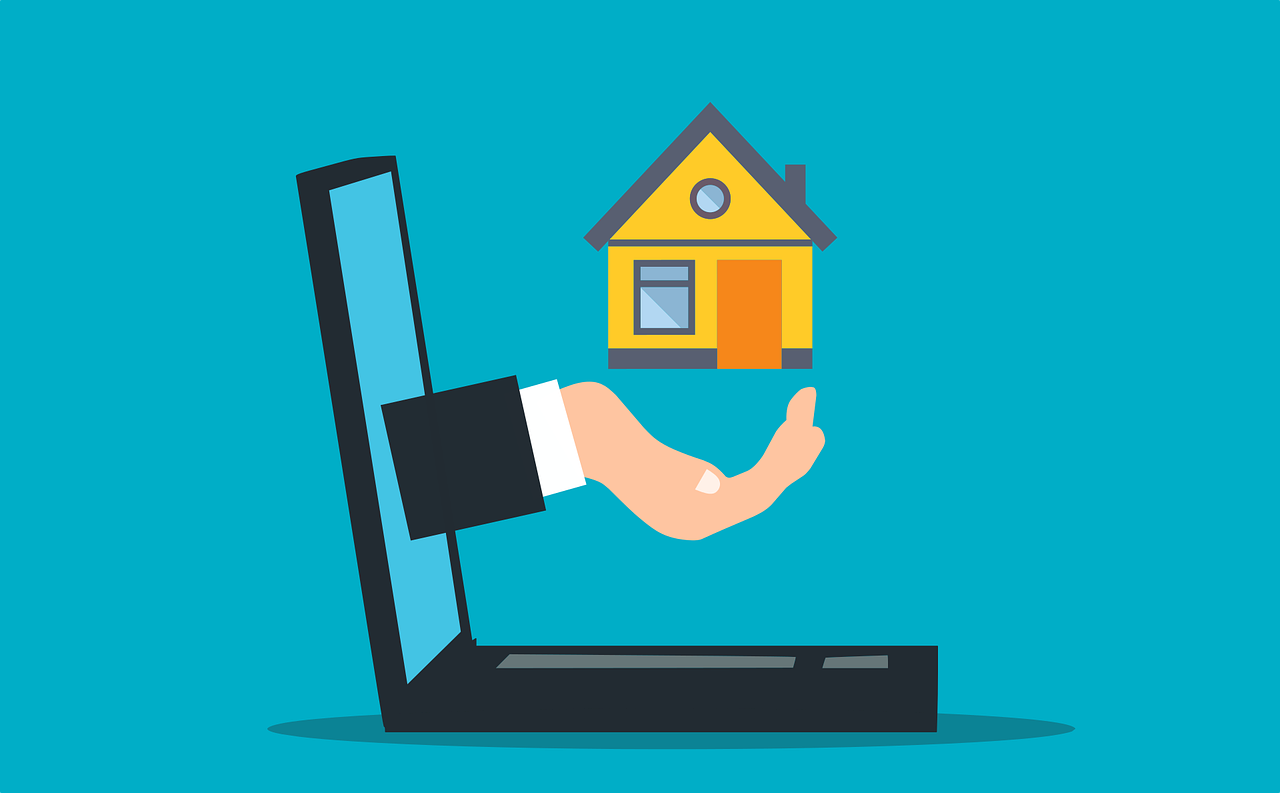Understanding Georgia's 'Safe at Home Act' and Its Impact on Landlords and Tenants
The Georgia Safe at Home Act, officially known as House Bill 404, introduces new requirements for rental properties in the state. Enacted in July 2024, the law establishes minimum habitability standards, clarifies landlord responsibilities, and strengthens tenant protections.
This law aims to improve living conditions for tenants while requiring landlords to maintain their properties in compliance with state regulations.
Minimum Habitability Standards
Before this Act, Georgia did not have comprehensive laws requiring rental properties to meet basic living conditions. The Safe at Home Act sets clear expectations, including:
1. Basic Utilities: Landlords must provide functioning plumbing, electricity, heating, and cooling. Hot and cold water access is required.
2. Safe Living Conditions: Properties must be free from hazards such as mold, leaks, and infestations.
3. Maintenance Requirements: Landlords must keep the property in good condition and complete necessary repairs in a reasonable timeframe.
4. Smoke and Carbon Monoxide Detectors: Properties must have working smoke detectors and carbon monoxide alarms to protect tenants from potential hazards.
5. Structural Integrity: The building's foundation, walls, roof, and other structural elements must be in good condition and not pose a safety risk.
6. Pest Control: Landlords must address infestations caused by structural issues or unsanitary conditions in common areas.
New Responsibilities for Landlords
The law introduces several obligations for landlords:
a. Timely Repairs: Landlords must address maintenance requests without delay to keep rental units in livable condition.
b. No Self-Help Evictions: Landlords cannot forcibly remove tenants by changing locks, shutting off utilities, or taking other unlawful actions.
c. Security Deposit Limitations: Security deposits cannot exceed two months' rent.
d. Written Lease Agreements: Landlords must provide written lease agreements outlining the terms and conditions of the rental arrangement.
e. Disclosure of Property Conditions: Before a lease is signed, landlords must disclose any known property defects that could affect habitability.
f. Compliance with Local Codes: Rental properties must adhere to all local housing codes, which may involve regular inspections to confirm compliance.
Tenant Protections Under the Act
Tenants gain stronger rights under the Georgia Safe at Home Act, including:
1. Three-Day Eviction Notice: Before filing for eviction over unpaid rent, landlords must provide tenants with a three-day written notice.
2. Cooling as a Required Utility: Air conditioning is now considered an essential service that cannot be disconnected by landlords.
3. Legal Recourse for Unsafe Conditions: Tenants can report unsafe living conditions to local authorities and take legal action if landlords fail to comply.
4. Protection Against Retaliation: Landlords cannot retaliate against tenants for requesting repairs or reporting violations.
5. Access to Repairs: If landlords fail to make necessary repairs, tenants may be allowed to withhold rent or use the funds to fix the issue themselves, depending on local ordinances.
Impact on Landlords
Landlords must adjust their rental practices to follow these new regulations:
a. Financial Planning: The cap on security deposits may impact financial planning, particularly when assessing rental applicants.
b. Property Management Adjustments: Staying compliant requires keeping properties in good condition and responding to tenant concerns promptly.
c. Legal Awareness: Landlords must stay informed about tenant rights and avoid practices that could lead to legal disputes.
d. Compliance with Inspection Standards: Local authorities may conduct inspections to verify compliance with habitability requirements.
e. Improved Tenant Relations: Following the new law can help landlords maintain better relationships with tenants and reduce disputes.
Impact on Tenants
Tenants benefit from several new protections:
a. Improved Living Conditions: The law requires landlords to maintain rental properties at a basic standard.
b. Lower Upfront Costs: Capping security deposits makes renting more affordable.
c. Legal Options: Tenants have stronger legal grounds to address housing issues.
d. Safer Housing Environments: Mandated safety measures, such as working smoke detectors, improve overall tenant security.
e. Greater Stability: The three-day notice requirement before eviction provides tenants with time to resolve financial issues or seek legal assistance.
f. Better Accountability: Tenants can now hold landlords more accountable for maintaining rental properties in habitable conditions.
Legal Compliance and Dispute Resolution
The Georgia Safe at Home Act encourages both landlords and tenants to adhere to fair housing practices. Violations of the law can lead to penalties, lawsuits, or legal intervention by housing authorities. To avoid disputes, landlords should keep detailed records of repairs, lease agreements, and tenant communications. Tenants should document maintenance requests and report violations through appropriate legal channels if issues persist.
For landlords and tenants unfamiliar with their rights and responsibilities under the new law, consulting a legal professional or property management service can help ensure compliance and reduce legal risks.
Rely on Us for Expert Property Management and Legal Compliance
With the Georgia Safe at Home Act introducing new requirements for rental properties, landlords need a professional management team to handle these changes. At Always Innovative Management Services LLC, we specialize in property management solutions that comply with all regulations.
Whether you need assistance with single-family property management in Atlanta or are looking for one of the top commercial property management companies in Atlanta, GA, we provide the expertise required to maintain compliant and well-managed properties.
Always Innovative Management Services LLC is committed to delivering professional services that support both landlords and tenants. Contact us today to learn more about our rental property management in Atlanta!

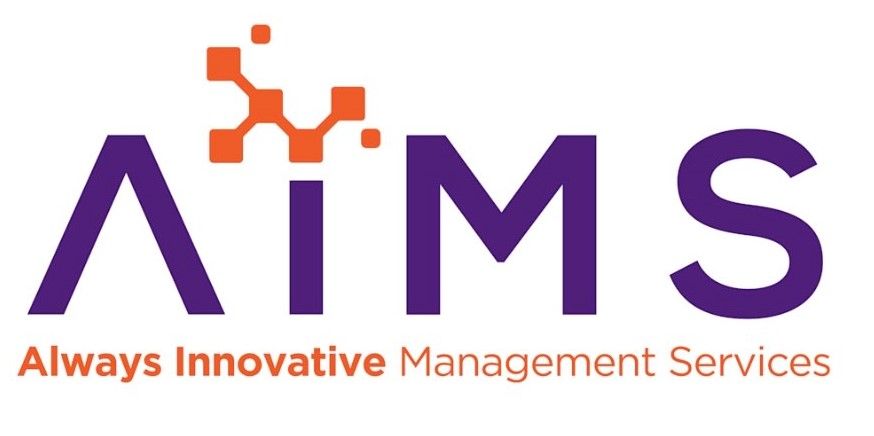
Part of The Virtual Realty Group Inc.

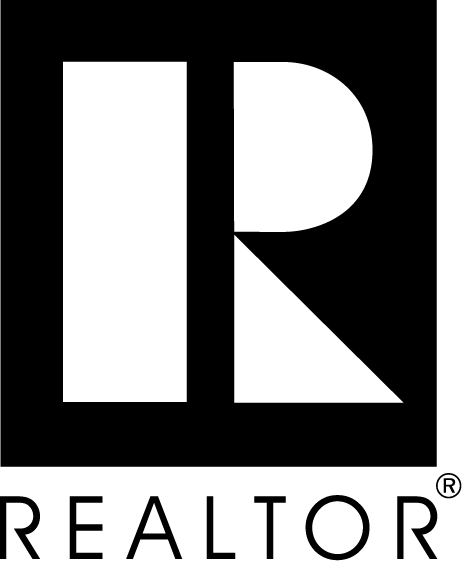
OUR MENU
CONTACT
All Rights Reserved | Always Innovative Management Services LLC powered by DoorLoop



